
Veliko dojenčkov - fantki petkrat pogosteje kot deklice trpi v prvih treh do štirih mesecih zaradi bolečin v trebuhu, ki se lahko od časa do časa spremenijo v trebušne krče. Dojenček kriči, vleče nožice k sebi in ni pri miru niti, ko ga ljubkujete, hranite ali previjate. Vzroki za te tako imenovane kolike v prvih treh mesecih so napenjanje in nezrelost želodca.
Natančno opazujte večje otroke: pri kolikah (krčevitih bolečinah v trebuhu) leži otrok vzravnano ali zvit skupaj tako, da si z rokami pritiska na želodec in se poskuša, vendar ne more umiriti. Pri vnetju slepiča večkrat potegne desno nogo k sebi. Bolečine v trebuhu so brez kolik, vendar s strašno slabostjo.
Za akutne bolečine v trebuhu so možni številni vzrokiod črevesne gripe do zaprtja.
Izguba teka
Ko je otrok bolan, predvsem pri okužbah z vročino - običajno začasno izgubi tek.
Z zdravnikom se morate pogovoriti, če zaradi izgube teka otrok izgublja težo ali če hujša zaradi driske, zaprtja ali difuznih bolečin v trebuhu.
Izguba teka pri sicer zdravih otrocih je bolj problem staršev kot otrok. Popolnoma običajno je, da otrok mesece dobro je in potem daljši čas nima teka. Dnevni vnos kalorij se lahko pri tem giblje med 200 in 2000 kalorijami.
Ko ima otrok, mlajši od sedem let, bolečine, toži največkrat o glavobolu in bolečinah v trebuhu, čeprav so bolečine v čisto drugem delu telesa. Majhni otroci še ne morejo natančno določiti mesta bolečine. Previdno pretipajte trebuh, da preverite, na katerem mestu je bolj in na katerem manj občutljiv in ali otrok na kremži obraz. Šolski otroci dajejo o bolečinah praviloma točnejše podatke.
Akutne bolečine so vedno lahko znak za vnetje slepiča. Zato obiščite zdravnika, če trajajo dlje kot šest ur. Bolečine v trebuhu so tudi pogost spremljevaIni pojav pri prehladu, gripi ali pljučnici in pri otroških boleznih, kot je na primer mumps.
Kadar otrok trpi tedne ali mesece zaradi ponavljajočih (kroničnih) bolečin v trebuhu, je v okoli 80-ih odstotkih razlog v duševnih težavah, ki se odražajo preko želodca.
Bolečine lahko blažite s toplimi obkladki za trebuh ali s toplo steklenico. Če so bolečine kljub obkladkom vedno hujše, je lahko razlog vnetje slepiča. Otroku takoj položite na trebuh vrečko z ledom in pojdite nemudoma k zdravniku.
Driska
Otroci, oboleli za drisko, izločajo velike količine redkega, vodenega blata, v katerem sta lahko tudi kri in sluz. Izločanje velikokrat spremljajo krčevite bolečine v trebuhu. Kolikor mlajši je otrok, toliko nevarnejša so obolenja z drisko: zaradi izgube veliko tekočine obstaja nevarnost izsušitve, predvsem kadar se istočasno pojavljata bruhanje in vročina. Najpogostejši razlog za drisko je vnetje želodčno-črevesne sluznice.
Če otrok trpi zaradi driske, poskrbite, da bo veliko pilnajboljši je pomarančni čaj ali čaj z elektroliti iz lekarne. Posebej bodite pozorni na higieno: vedno si umijte roke potem, ko ste oskrbovali bolnega otroka, in dezinficirajte stranišče, ki ga je otrok uporabljal.
Zdravnika obiščite, če ima drisko:
• dojenček dlje kot 6 ur
• predšolski otrok dlje kot 12 ur
• šolski otrok dlje kot 18 ur.
Zdravniku povejte, kakšno je bilo blato: kakšne barve, ali je imelo neprijeten vonj? Je bilo mogoče prepoznati sestavne dele hrane? Sta bili med blatom kri ali sluz?
Bruhanje
Bruhanje je sunkovito izločanje vsebine želodca skozi usta. Kolikor mlajši je otrok, toliko lažje in pogosteje bruha.
Približno polovica vseh dojenčkov občasno poliva hrano, za kar je samo pri okoli petih odstotkih razlog bolezem. Bruhanje pri dojenčkih lahko hitro zamenjamo s polivanjem iz želodca po pitju, pri čemer jim tečejo iz ust manjše količine mleka.
Tako kot pri driski izgubijo otroci tudi pri bruhanju večje količine tekočine. Vašemu bolnemu otroku ponudite pijače, bodisi zeliščni čaj, pomarančni čaj ali čaj z elektroliti iz lekarne.
Pri dolgotrajnejšem bruhanju je razlog neka resnejša bolezen. Če otrok izbruha dva obroka zapovrstjo zaradi glavobola, vrtoglavice, vročine ali bolečin morate takoj po nasvet k zdravniku - toliko prej, kolikor mlajši je otrok. Zdravniku povejte svoja opažanja otrok prebavljeno ali neprebavljeno hrano? Je bruhanje penasto, grenko ali prepojeno s krvjo?
Kdaj in kako pogosto je otrok bruhal?
Ko je otroku slabo, imejte pripravljeno vedro!
Če se začne otrok daviti, mu položite roko na čelo in mu podprite glavo - tako bo lažje bruhal.

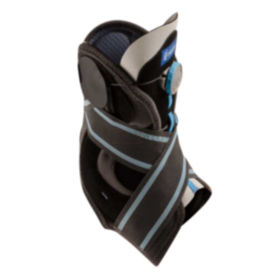
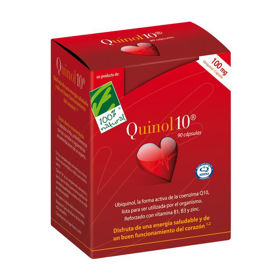
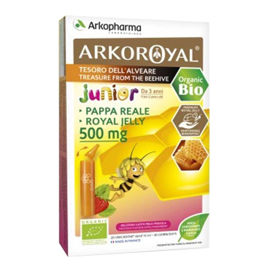
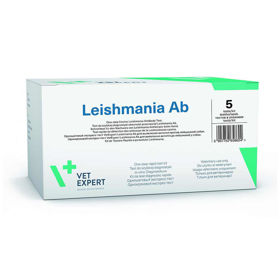
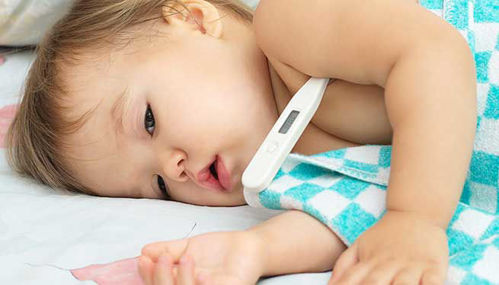


 Facebook
Facebook
 Instagram
Instagram
 info@moja-lekarna.com
info@moja-lekarna.com

